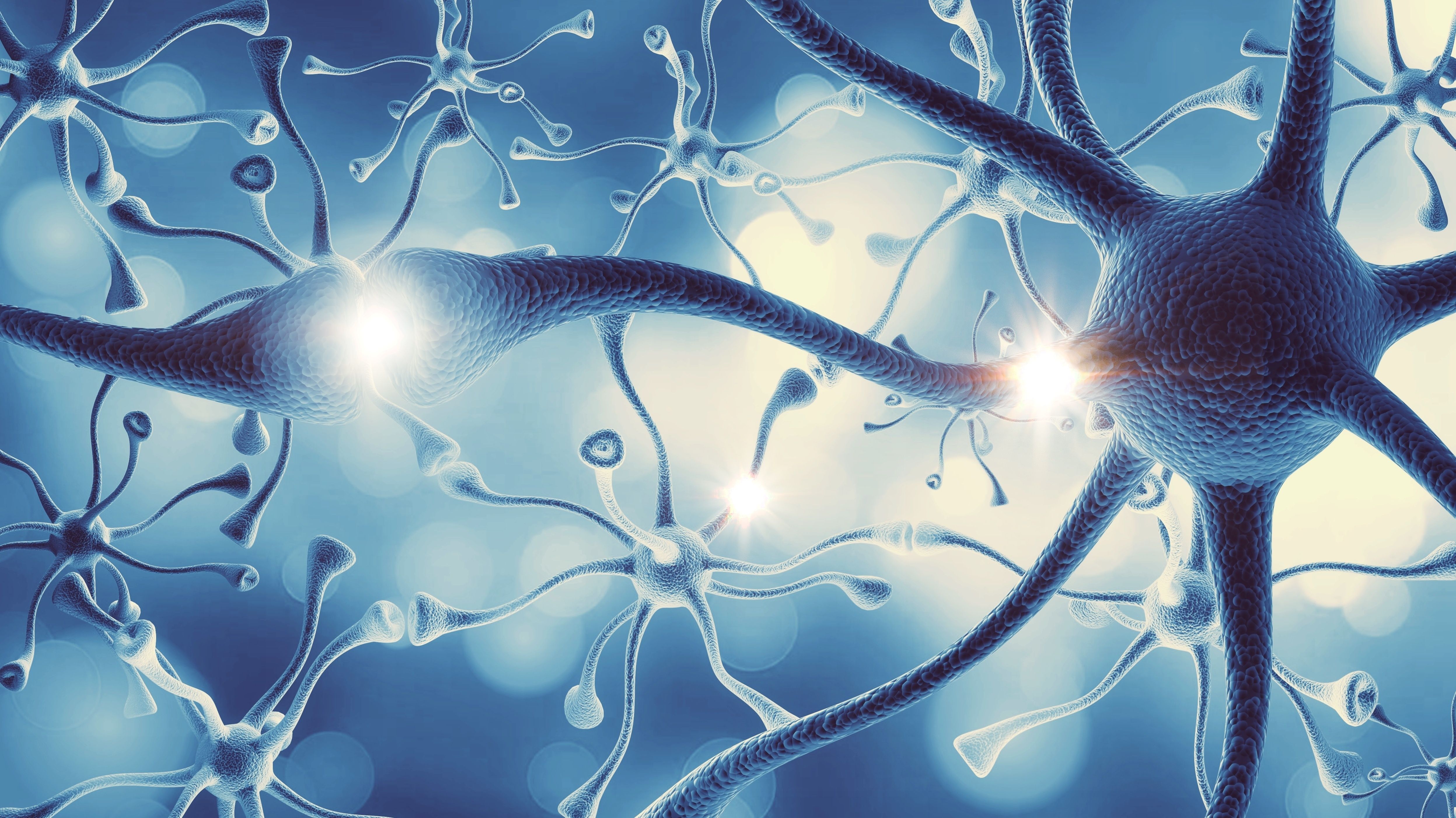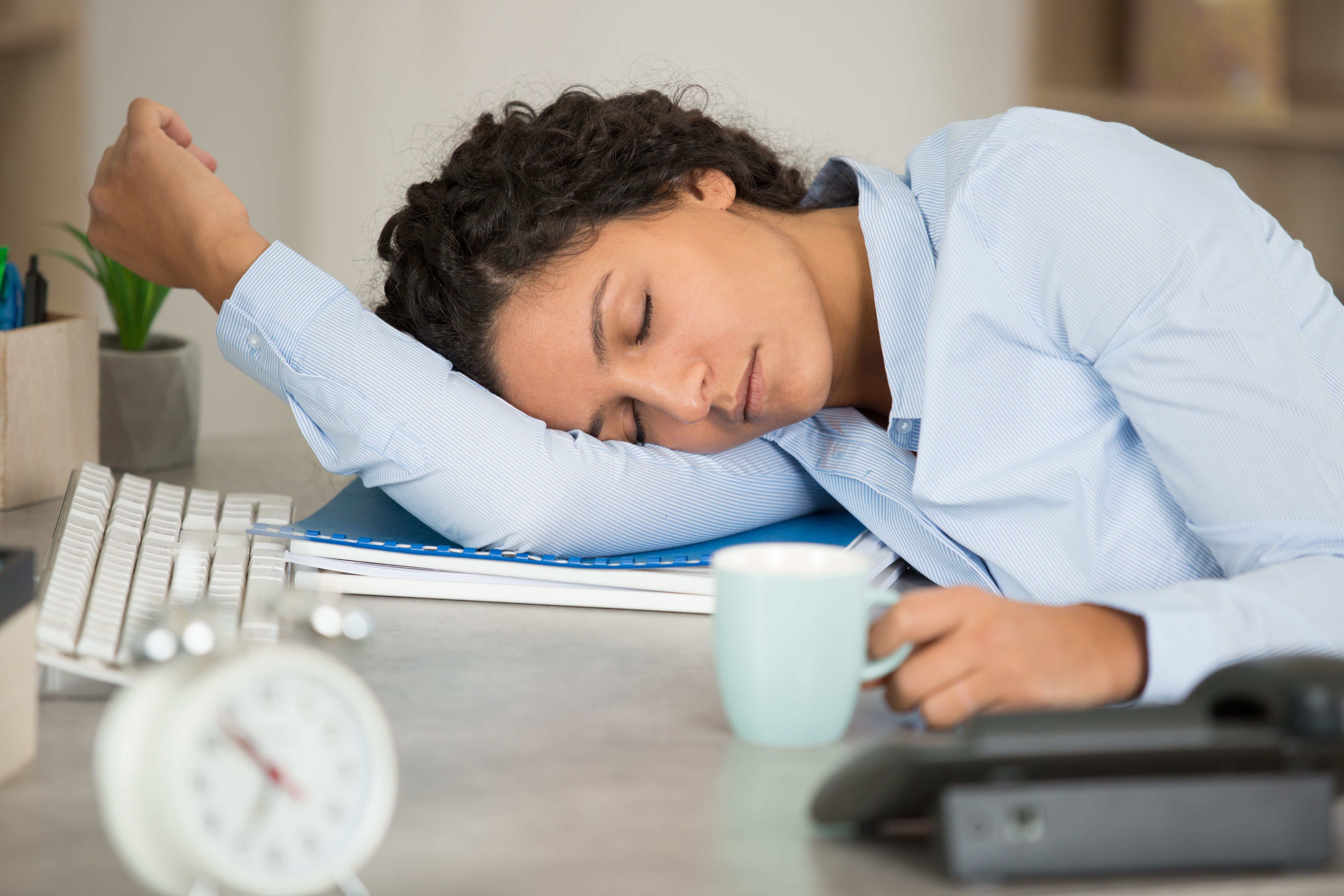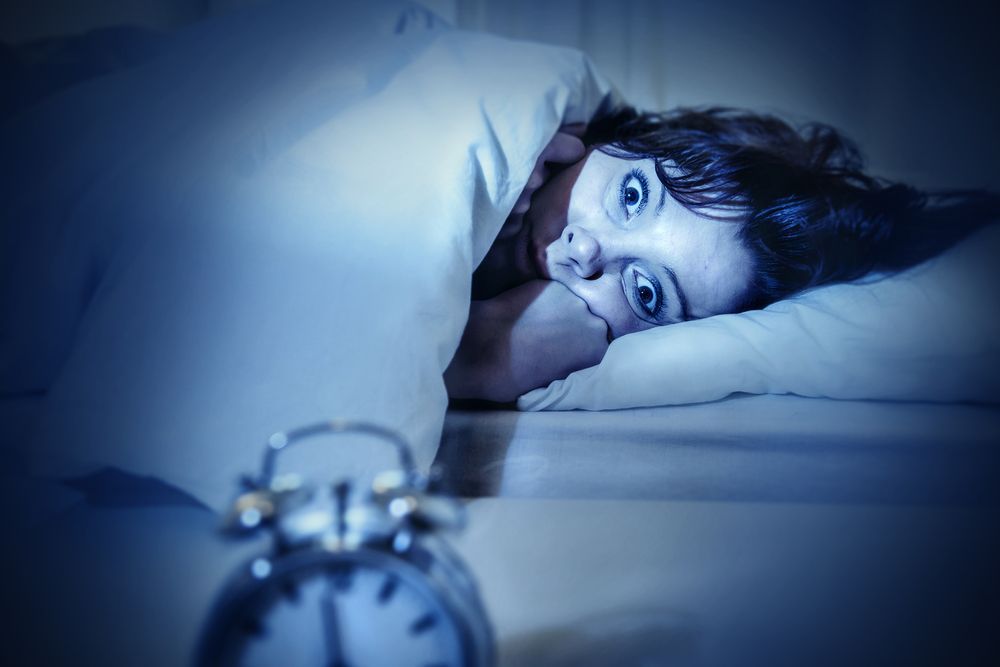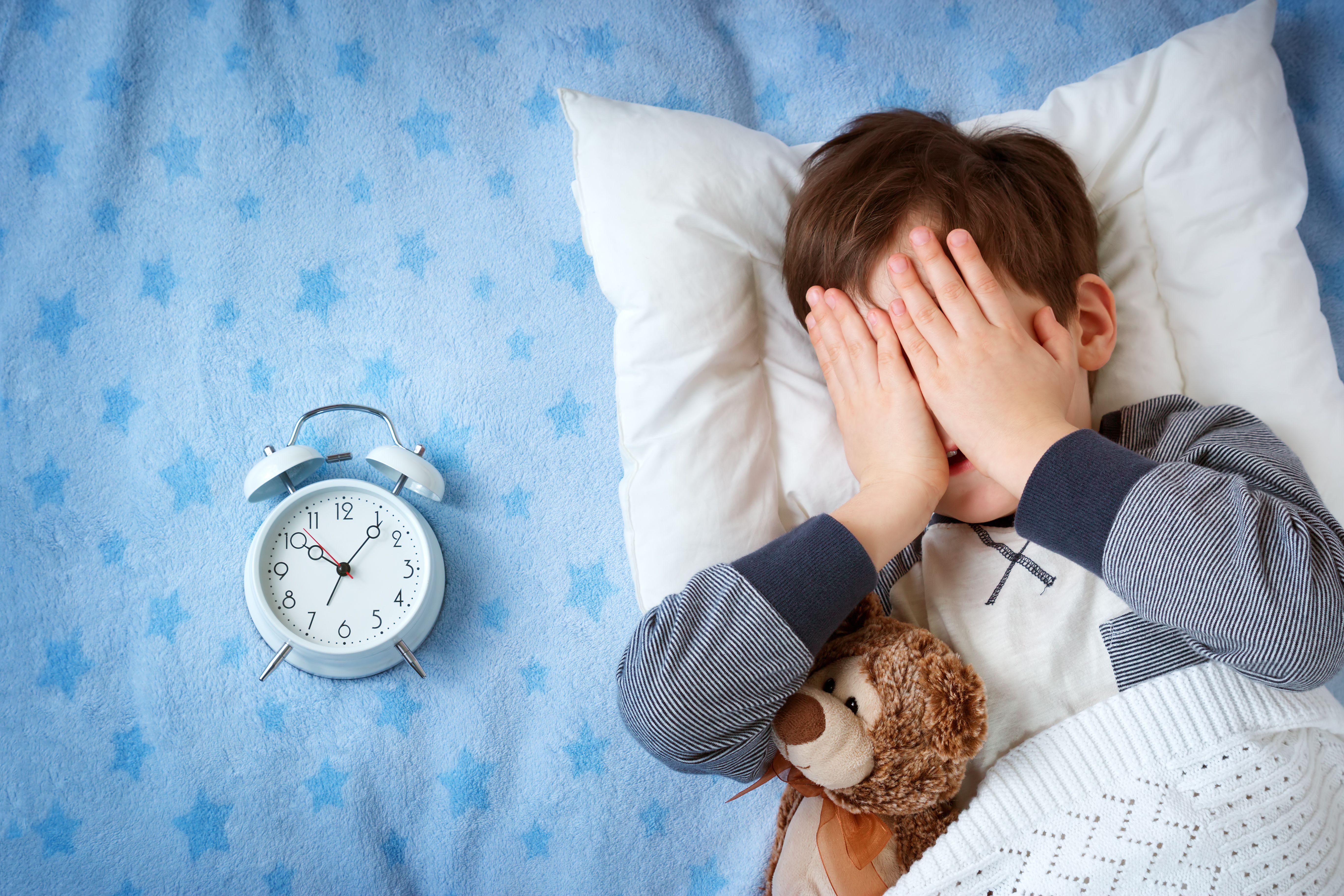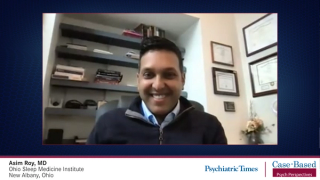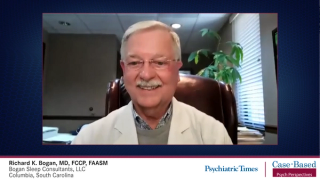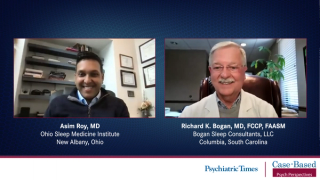
Sleep Wake Transition
Latest News
Latest Videos

CME Content
More News
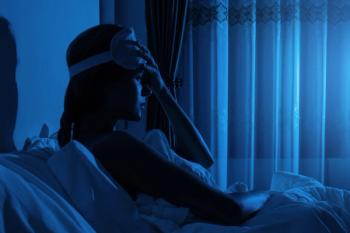
Researchers investigated sleep disturbances in individuals at ultra-high risk of psychosis.

From the normalization of burnout to the identification of sleep-wake disturbances post-TBI, here are highlights from the week in Psychiatric Times.
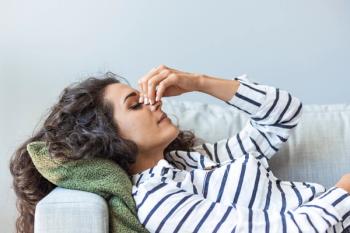
Sleep disturbances can exacerbate TBI symptoms. Here’s how to address them.

Survey results shed light on the effects of insomnia and obstacles to effective treatment.
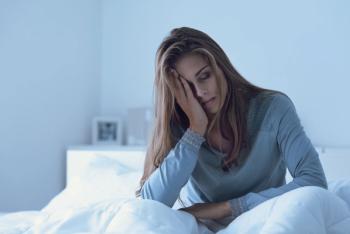
How can knowledge—and positive attitudes—about sleep improve quality of life for patients?

How can cognitive behavioral therapy improve outcomes for individuals with insomnia?

Here: suggested strategies for assessment and management of this circadian sleep disorder commonly seen in adolescents.

Concerned about daylight savings time? This patient handout offers tips for getting a good night's sleep.
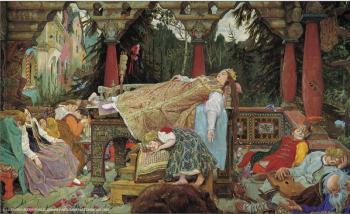
DSM-5 sleep-wake disorders are now more in sync with other medical disorders and sleep disorders classificatory systems. Here's what's changed.

Insomnia-a sleep disorder that can pose impairments far more debilitating than than problems with cognition (eg, difficulty processing, unclear thinking).
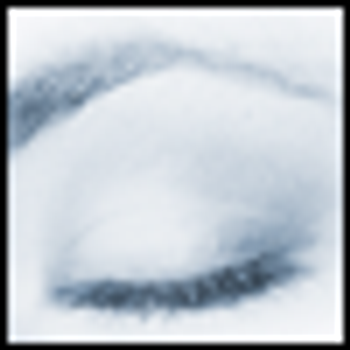
Sleep-disordered breathing is common in patients with mood and anxiety disorders. This article explores the implication for practicing psychiatrists whose patients have sleep disorders.

Melatonin has a role in psychiatric illness and the treatment of circadian rhythm sleep disorders, insomnia, and comorbid depressive disorders.

Although the purpose of sleep continues to be the subject of much debate, few would argue that a well-functioning sleep-wake cycle is essential for good health.
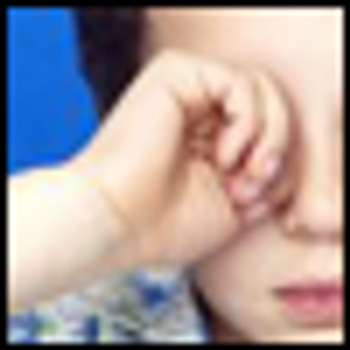
Sleep changes associated with psychotropic drugs are common enough to justify routinely obtaining a baseline sleep diary before beginning treatment, even when the initial screening for sleep disorders indicates that no further investigation is needed.
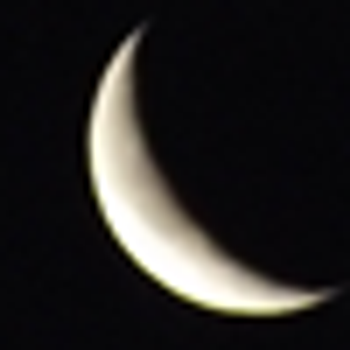
Sleep disorders - most commonly sleep apnea - are often comorbid with psychiatric disorders. Treatment of disordered sleep can result in a significant improvement in the psychiatric disorder.
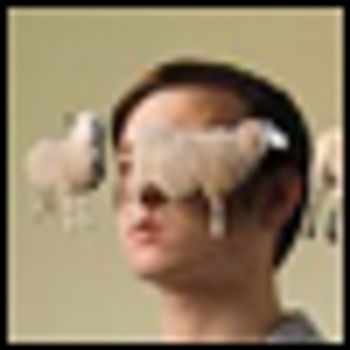
Can you name an important part of good sleep hygiene? The use of which short-acting sedative-hypnotics to treat sleep disturbances in patients is associated with Alzheimer disease? These questions and more.

What do we know about circadian rhythms and melatonin? And what further lessons do we need about circadian rhythms, light exposure, and melatonin to help our patients with disturbed sleep/wake cycles?

Simple but powerful suggestions to get a better night's sleep.

As we begin this brief review of the neurobiology of major depressive disorder (MDD), we face these fundamental questions

The National Comorbidity Survey estimates that approximately 50% of the population in the United States is exposed to traumatic events and that the lifetime prevalence of posttraumatic stress disorder (PTSD) is approximately 7.8%.

A number of studies have found decreased scores on quality-of-life scales in persons with insomnia, which is associated with a wide assortment of daytime impairments, some intuitive and some startling.

A variety of conditions may account for the sleep difficulties experienced by many older adults, including specific sleep disorders, circadian rhythm disturbances, and medical and psychiatric comorbidities.

Insights Into Neuropathology Elucidated Through the Science of Sleep

It is a widely known fact that Fyodor Dostoevsky, the famous 19th-century Russian novelist, suffered from epilepsy for most of his life. However, not too many persons are aware that Dostoevsky also had a sleep disorder called delayed sleep phase syndrome, which may have contributed to his seizures.1 Although no one knows for certain, it is quite conceivable that Dostoevsky's sleep disorder worsened his epilepsy, according to Carl Bazil, MD, PhD, director of Clinical Anticonvulsant Drug Trials and director of the Neurology Division, Columbia Comprehensive Sleep Center, Columbia University, New York.

Patients who experience seizure 24 hours after stroke onset may be at increased risk for death, according to Angela Rackley, MD, a clinical neurophysiology fellow in epilepsy, and coresearchers at the University of Cincinnati. Rackley presented an abstract on the incidence of seizures within 24 hours after acute stroke at the annual meeting of the American Epilepsy Society in San Diego this past December. She and colleagues found a higher 30- day mortality rate among patients who had a seizure within hours of stroke compared with patients who did not experience poststroke seizure.
